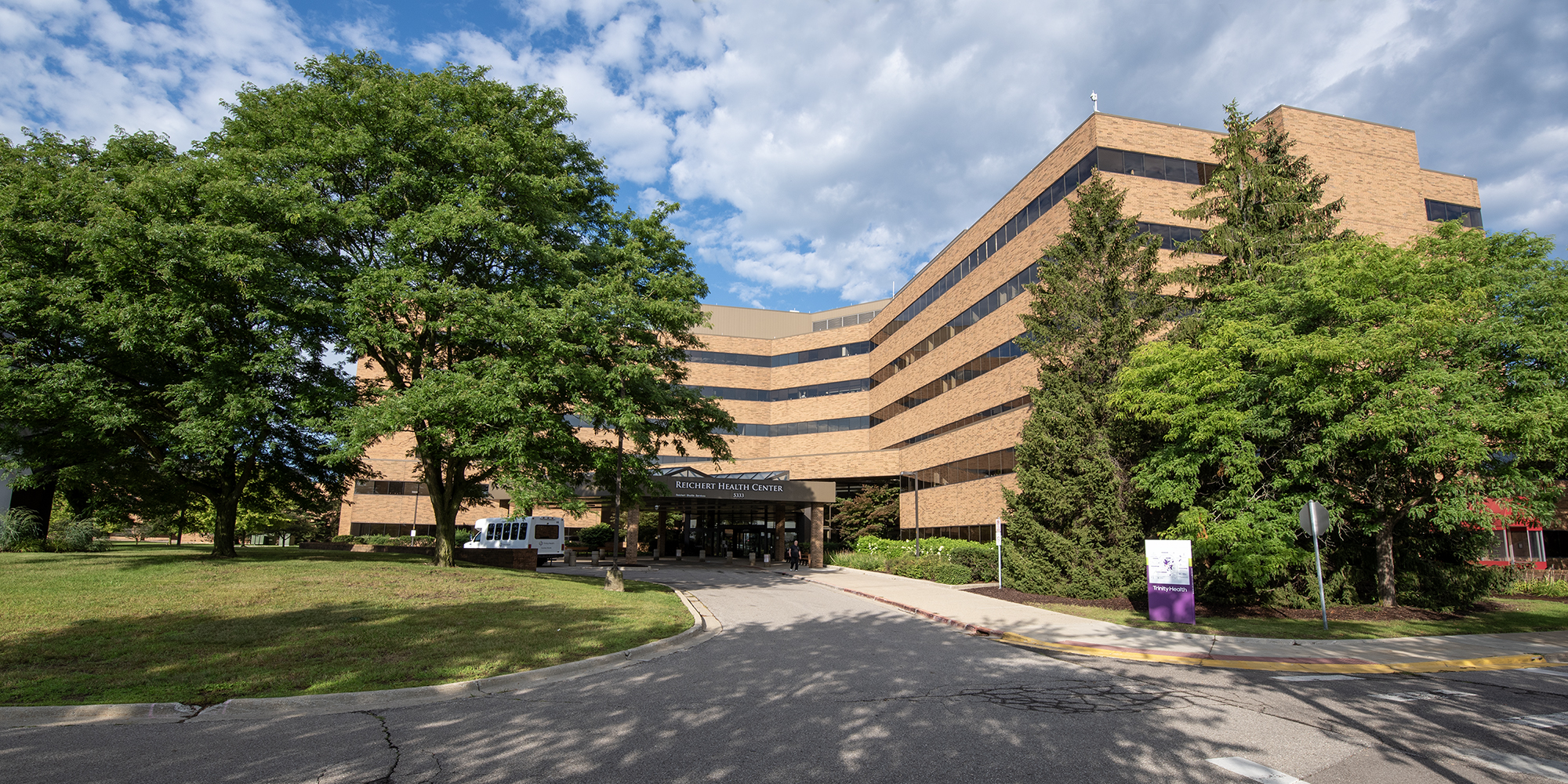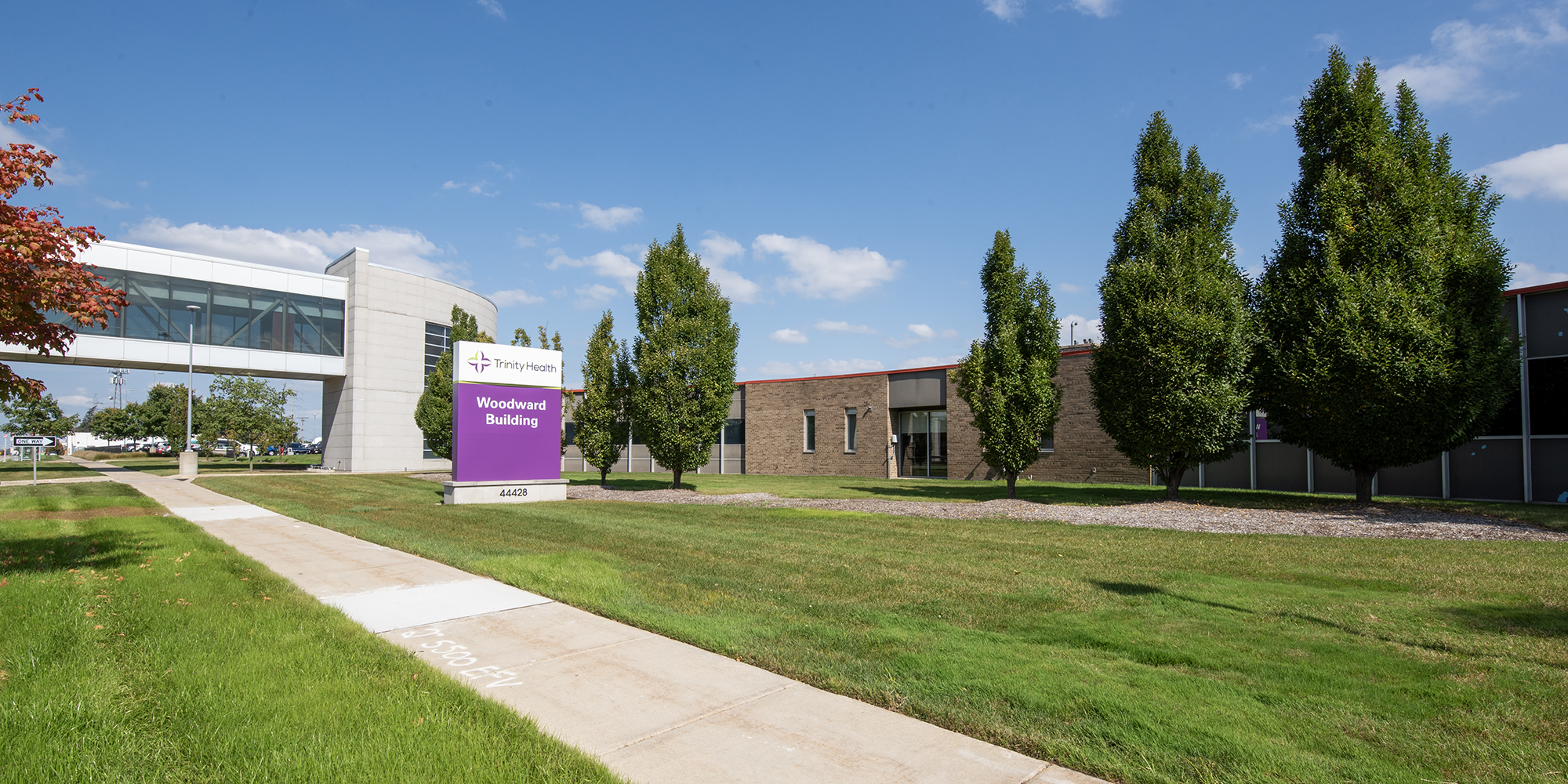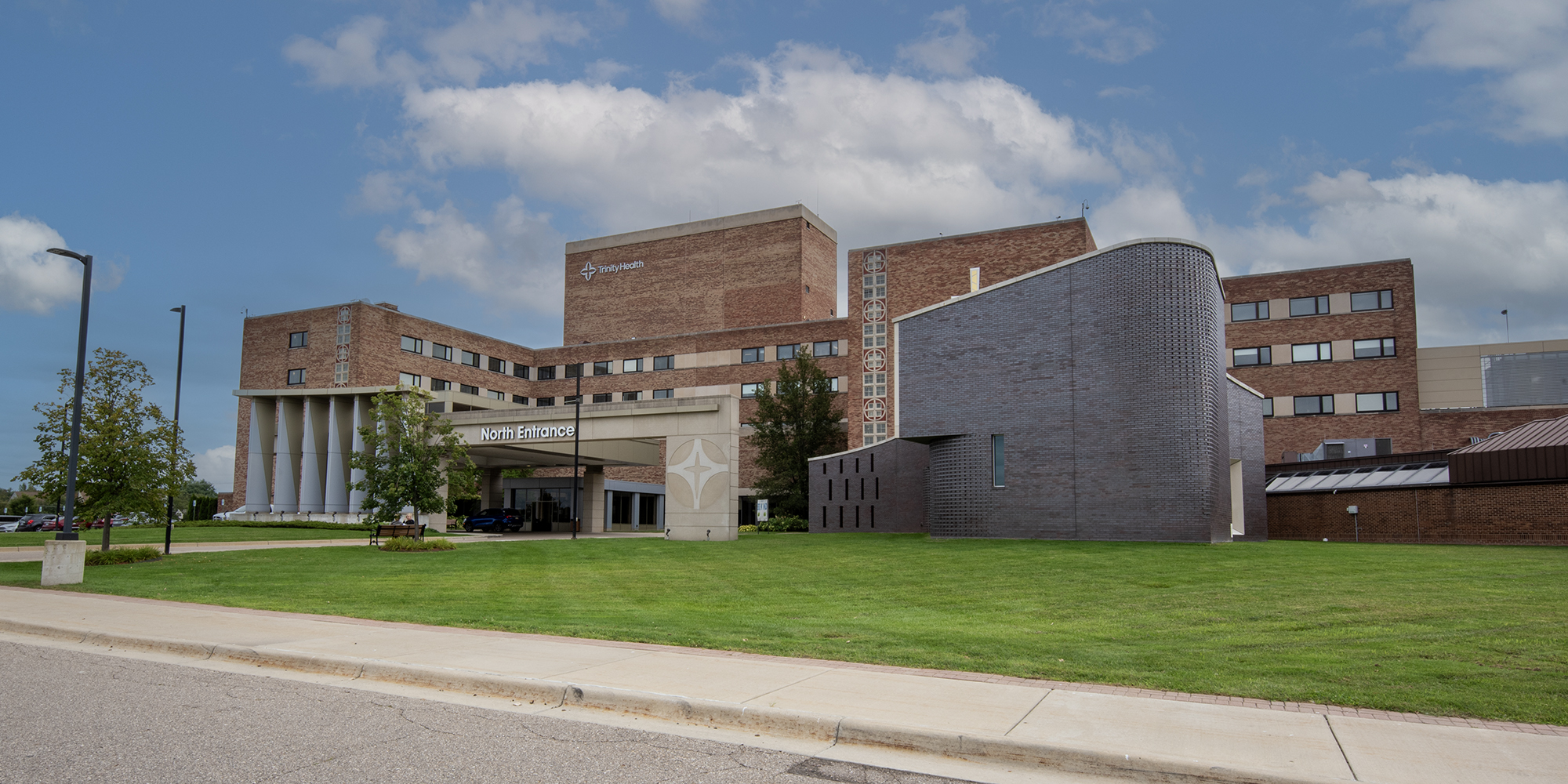Multiple Sclerosis
With multiple sclerosis, the immune system attacks nerve fibers and their ability to communicate with the brain and muscles. These attacks can affect vision, sensation, movement and memory, threatening your independence. At Trinity Health Michigan, trusted experts provide the services you need to move forward with your life.
Our Locations
Our Providers
Multiple Sclerosis (MS) Care at Trinity Health Michigan: Why Choose Us?
We are among the state’s few Multiple Sclerosis Society Centers for thorough MS Care. This prestigious designation is awarded to programs like ours that provide the highest level of treatment and support.
You receive coordinated services from an expert team that cares about you as an individual. Board-certified neurologists specializing in MS care guide your treatment. And our comprehensive approach includes support and encouragement at every turn.
MS Diagnosis
MS is challenging to diagnose because no single test confirms or rules out the condition. We use a combination of assessments to check nerve damage and its impact on daily function.
Tests we use to confirm or rule out an MS diagnosis may include:
Imaging and Lab Studies
Trinity Health Michigan offers all the imaging and lab studies necessary to accurately diagnose the type and severity of MS. Find out more about neurodiagnostics.
Our offerings include:
- Blood tests to rule out other conditions, like Lyme disease
- Electromyogram (EMG) to assess muscle weakness by measuring response to electrical stimulation. Our EMG lab is accredited with exemplary status by the American Association of Neuromuscular and Electrodiagnostic Medicine (AANEM).
- Lumbar puncture (spinal fluid sampling), which shows whether there are abnormally high levels of immune system proteins (antibodies)
- MRIs to detect brain and nerve fiber scarring that helps confirm an MS diagnosis
Neuro-ophthalmology
Vision difficulties are common with MS and often one of the first symptoms. Our team includes neuro-ophthalmologists who get to the source of the problem. These specialists assess and treat vision problems related to nervous system disorders like MS.
Neuro-ophthalmologists perform comprehensive exams to evaluate the optic nerve. They also treat MS-related vision problems, including double vision and shaky vision.
Neuropsychology
Neuropsychologists are psychologists with training in neurology. They assess the impact of neurologic disorders on cognitive abilities. Some people with MS experience memory issues and difficulty thinking.
Neuropsychologists perform regular assessments to determine whether you are experiencing these difficulties and, if so, how severe. Our experts also recommend therapies to lessen their impact on daily life.
MS Treatments and Support
Our team develops a personalized care plan tailored to your diagnosis and preferences. MS treatment often includes:
Medications
We offer a variety of medications, including options that slow MS progression and help you get relief from relapses. You may receive drugs by mouth, injection or infusion (delivered through a needle over a few hours).
As a Center for Comprehensive MS Care, Trinity Health Michigan takes part in clinical trials. You may be eligible to participate, giving you early access to innovative new MS drugs.
Neurorehabilitation
Neurorehabilitation includes a variety of therapies that help you live the best possible quality of life:
- Occupational therapy teaches you methods for coping with changes to your abilities. You may need assistive devices to help you eat, bathe or get dressed independently.
- Physical therapy may involve balance training to help you feel steady on your feet or braces that optimize limb function.
- Speech therapy addresses issues affecting swallowing and communication. Therapists use special techniques to help you safely swallow. They also teach you how to express yourself when words do not come easily.
Support
Trinity Health Michigan offers robust support services that help you feel cared for at every turn. Licensed social workers help patients and families navigate challenges, like relationship changes or ensuring a safe home environment. Neuro-palliative care physicians help you get relief from nagging symptoms, manage anxiety and plan for the future. Offerings also include support groups for patients and their loved ones.
Get more information about specialized neurology services and support.
Types of Multiple Sclerosis We Treat
We care for people with all types of MS, including:
- Clinically isolated syndrome, a person’s first episode of neurologic symptoms lasting 24 hours or more. This is not the same as having MS. It signals the need for close monitoring and testing.
- Relapsing-remitting MS (RRMS), attacks (relapses) of new or worsening symptoms with periods of recovery (remission)
- Secondary progressive MS (SPMS), which occurs in people with RRMS whose symptoms continue worsening
- Primary progressive MS (PPMS), which happens when symptoms continue worsening, sometimes with no periods of remission















